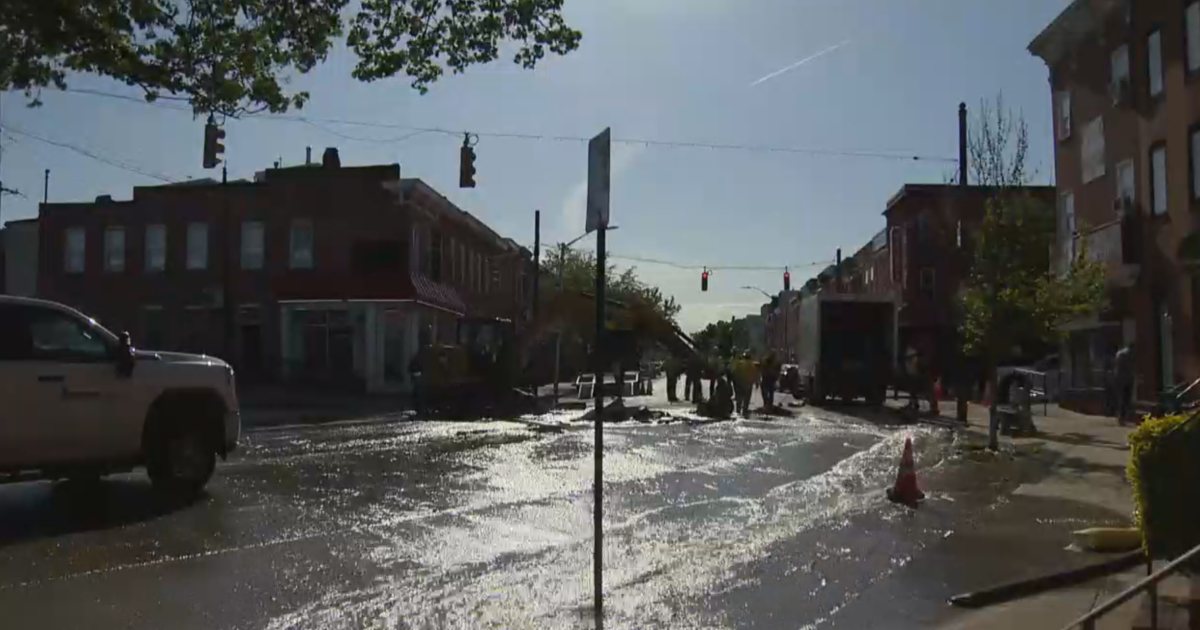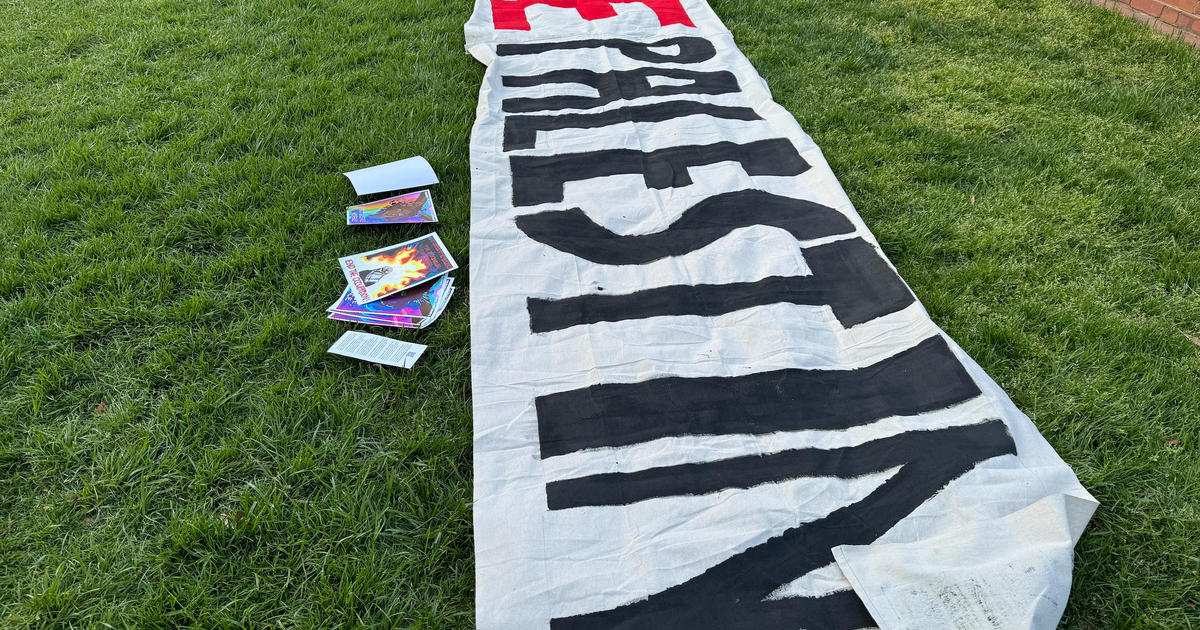It's So Hot In The Southwest That Planes Can't Take Off
PHOENIX (AP) — Airlines canceled flights in Phoenix and doctors urged people to be careful around concrete, playground equipment and vehicle interiors Monday as a punishing heat wave threatens to bring temperatures approaching 120 degrees to parts of the Southwestern U.S.
Arizona is seeing the most stifling temperatures, but the wrath of the heat wave is being felt across Nevada and California as well. Las Vegas was forecast to hit 117 (47 Celsius) on Tuesday on the first day of summer, and excessive heat warnings cover almost all of California.
American Airlines canceled nearly 40 flights on Tuesday in Phoenix operated by regional jets because of the heat. The airline also said it will allow Phoenix passengers flying during the peak heat Monday through Wednesday to change flights without a fee.
American Airlines spokesman Ross Feinstein said the smaller regional jets flown by its partners can't operate once the temperature hits 118. That maximum is set by Bombardier, the manufacturer.
Larger airliners made by Boeing and Airbus have higher maximum operating temperatures, but airlines still need to closely monitor the weight of the jets during the heat.
Feinstein said the carrier began limiting sales on some flights to prevent the planes from exceeding maximum weight for safe takeoff in the hot conditions. Airlines can use other strategies for limiting weight during hot weather, such as not fueling completely, then making a refueling stop.
Despite the dangers, the weather may not be as bad as originally expected. The National Weather Service had been forecasting Tuesday highs at 120 or higher in Phoenix for the past several days, a number not seen in the desert city in more than 20 years, but it now predicts 119.
Phoenix and Las Vegas are used to 110-degree heat, but temperatures above 115 are rare.
"That's deadly heat no matter how you slice it," weather service meteorologist Chris Breckenridge said.
The last time the city reached 120 was in 1995. A notorious heat wave in 1990 brought consecutive days at 120 degrees, including the record of 122.
Follow @CBSBaltimore on Twitter and like WJZ-TV | CBS Baltimore on Facebook
(© Copyright 2017 The Associated Press. All Rights Reserved. This material may not be published, broadcast, rewritten or redistributed.)



